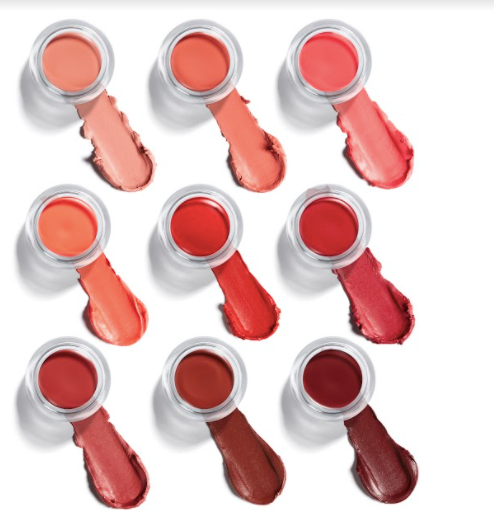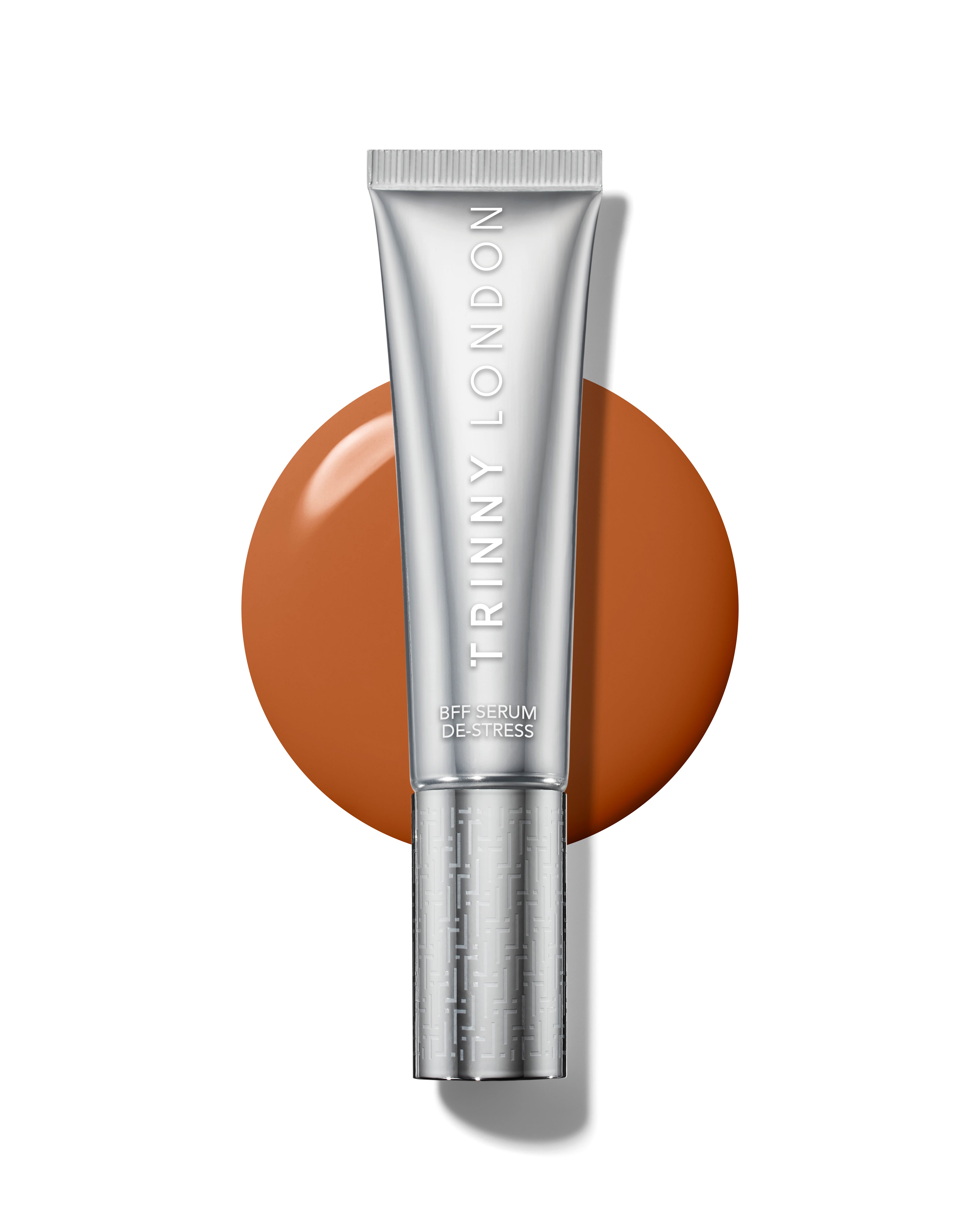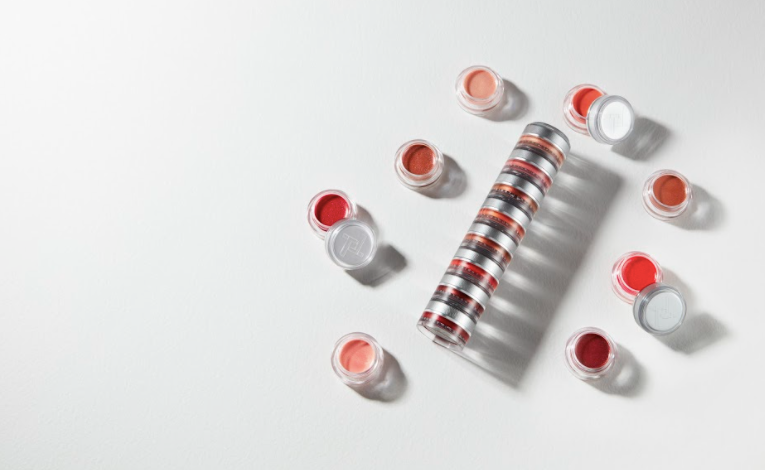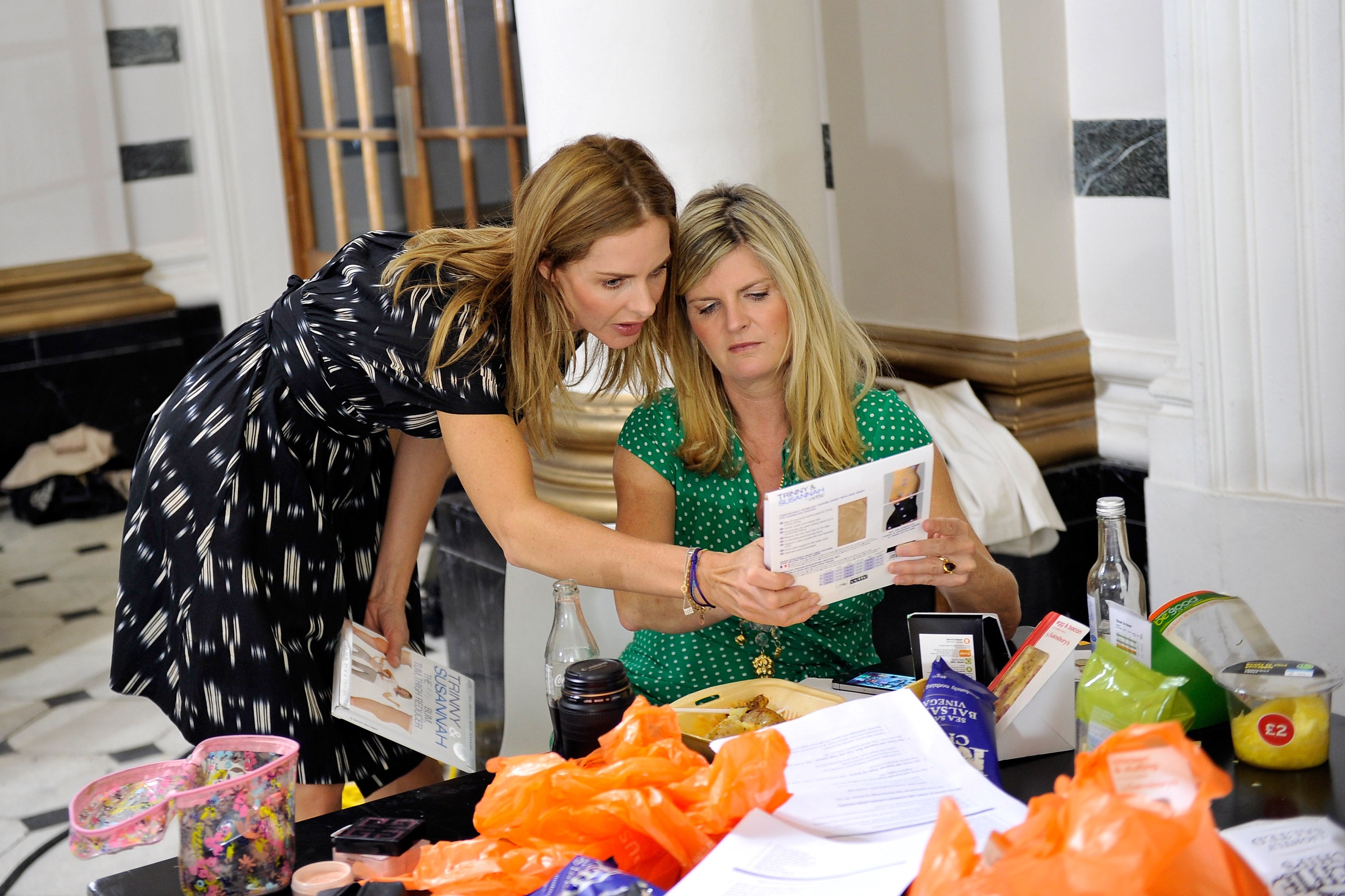How Trinny Woodall went from TV stylist to beauty mogul
She once helped the nation learn how to dress, now she’s helping us paint our faces. Zlata Rodionova talks to the former presenter about her move into the retail industry


A whole generation of women know Trinny Woodall as one half of the iconic, sharp-tongued duo Trinny and Susannah who took our wardrobe by storm in the early Noughties.
But since 2017, the former TV presenter and stylist, has firmly established herself as a successful beauty entrepreneur thanks to her premium cosmetic brand Trinny London with hundreds of thousands of fans around the world.
At a time when many businesses are struggling the brand’s gross revenue soared to £42m in the 12 months to March 2021, while Trinny London’s team has grown from 20 to 141 people with the company actively hiring for more.
The secret of the brand’s success? Personalisation and portability, according to Woodall.
The start-up, which operates primarily online, offers customised skincare and make-up products in stackable little pots for women of all ages, essentially allowing them to create their own face palette.
Trinny London also has a Match2Me tech, a service that matches the brand’s products to a person’s skin tone, hair and eye colour.
“When you really want to own your brand, there is no better way than DTC [direct-to-consumer] because I wouldn’t even want to have a third party sell my products online, control my pricing, or my branding,” she says.
The concept of inclusivity goes across so much more than colour of skin. It’s colour skin, it’s age, it’s that you’re not too far away or too obscure or too small a market that we don’t give a sh*t about you
Her idea for Trinny London came from talking to women about their frustration with the beauty industry as well as her own experience with make-up and skincare products.
She argues that “the paradox of choice” women face at the beauty counter creates anxiety, leaves them less satisfied with their shopping experience or unlikely to buy. Too many options also mean many women misdiagnose the shade they need for their own skin.
“The idea was to create something portable for the life we live today with a personalisation that would allow women to feel incredibly comfortable to buy make-up online.
“Personalisation online can be quite gimmicky and I wanted this to be really focused and actually emotive. As a result of that focus, we went from a million to over £40m turnover in three years.”
Her career shift from TV presenter to entrepreneur might be seen as a big jump but Woodall argues she’s been a businesswoman all her life: “When I had my career with Susannah, I was directing financial contracts and negotiating with sponsors. We had an agent, but we still did that work ourselves. So, I was comfortable with the finance aspect from the very beginning.”

The company raised £7.4m of investment to date, and Woodall admits her name helped to get her “through the door ”but she had to work hard to convince investors that she did the leg-work and her business would be a success.
“When I was fundraising, the questions I’d get would be: ‘what do you know about tech’ or ‘what do you know about the actual figures’.”
“I remember a meeting where I let my COO talk about the numbers and, towards the end of it, investors asked me: ‘How involved would you be in the business, Trinny?’. I realised this is crazy, because I knew every single figure in my head. I then proceeded to let them know that I knew every little centimetre of my business.”
The beating heart of the brand’s strategy today is the “Trinny Tribe”, which are communities of fans that have grown organically on social media and have become essential when it comes to engaging with customers about Trinny's products and content. Woodall estimates there are 33 of these groups in 17 countries.

“A lot of DTC brands talk about community. For most of them, it will be their followers on Facebook and Instagram – but I believe a community should start autonomously.
“The Trinny Tribe was initially started on Facebook by one woman called Kelly based in northwest England. She wrote about ‘the feel-good factor’ that our make-up gave her.
“People joined in and she formed this tribe and then others did the same. We discovered them after a few months. Now the interaction we have with these groups is huge and about 78,000 women around the world are part of a Facebook tribe.
“They are our biggest champions and our biggest critiques. They're like the beating heart of our customer, but they're really chatting to us and they don't have an agenda.”

Woodall took the decision to turn off all the brand’s advertisement in March 2020 when the UK went into lockdown for the first time, thinking “it’s not a time to be trivial” but sales kept growing.
As a primarily online business, Trinny London was in a good position to pivot and launch a virtual consultation service, which was previously part of the brand’s small retail proposition. About 3,000 appointments were booked on the day of the launch.
“I think people were quite scared but they still wanted those nurturing things that would make them feel better and being at home or not investing in new clothing, they had time to do it.
“We're also doing a lot of talking to people on Zoom and there’s an awareness of ‘oh I’m really looking tired today’. We know that a little pop of colour can lift your spirits and give more impact to what you’re saying.”

Woodall argues that she doesn’t follow trends but makes decisions based on her “gut feeling” and data.
“Data can give you tremendous insights into how people are shopping and your customers' habits. It's about using that data really well, but never being 100 per cent led by it,” she says.
So, what’s next for Trinny London? “The joy of DTC is you're not like that department store, with four launches a year, it’s about what we think we're ready to do next.
“I think today you can't just be a retail brand anymore. When we talk about personalisation, it’s about the ongoing relationship you have with your customers, which for me should be an A-to-Z personalised journey, so we’re spending a lot of time on that.
Read More:
“The other focus is, are we as inclusive as we can be? The concept of inclusivity goes across so much more than colour of skin. It's colour skin, it's age, it's that you're not too far away or too obscure or too small a market that we don't give a sh*t about you.
“We are one of the most inclusive brands out there with 130 women featured on our website. We've been that from day one and we haven't pivoted because of fashion movements – but we think about how we can do it even better every day.”
Join our commenting forum
Join thought-provoking conversations, follow other Independent readers and see their replies
Comments